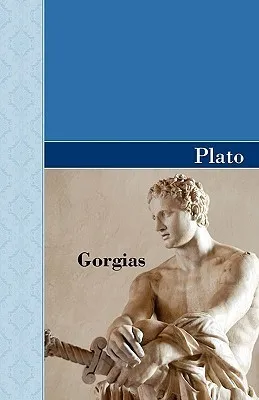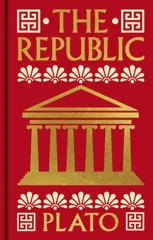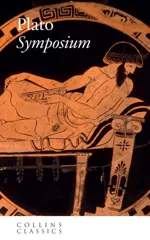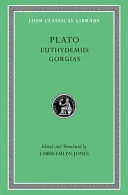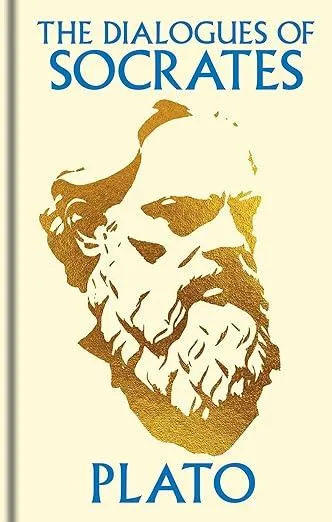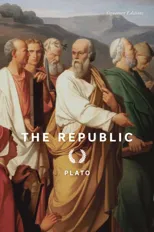Gorgias
(Author) PlatoPlato's Gorgias takes on the immortal themes of power, persuasion, and virtue. In ancient Athens, tremendous power lay in the ability to persuade, the art known as rhetoric. In this dialogue, Plato's teacher Socrates visits Gorgias, an eminent rhetorician, to question him about his profession and what is ultimately achieved by it. The discussion then turns to power and where it truly lies, and ends with a passionate argument by Socrates in favor of justice as the ultimate social virtue. Rooted in the classical worldview, Gorgias is a work which nevertheless remains deeply resonant today.
Plato
Plato was an ancient Greek philosopher and the founder of the Academy in Athens, the first institution of higher learning in the Western world. His most notable works include "The Republic," "Symposium," and "Phaedo." Plato's dialogues are written in the form of conversations between Socrates and other characters, exploring themes such as ethics, politics, and metaphysics.
Plato's influence on literature is profound, as his philosophical ideas have inspired countless writers and thinkers throughout history. His most famous work, "The Republic," is a seminal text in political philosophy and has had a lasting impact on the genre. Plato's literary style is characterized by its use of dialogue, dialectic, and allegory, making his works both engaging and thought-provoking.
